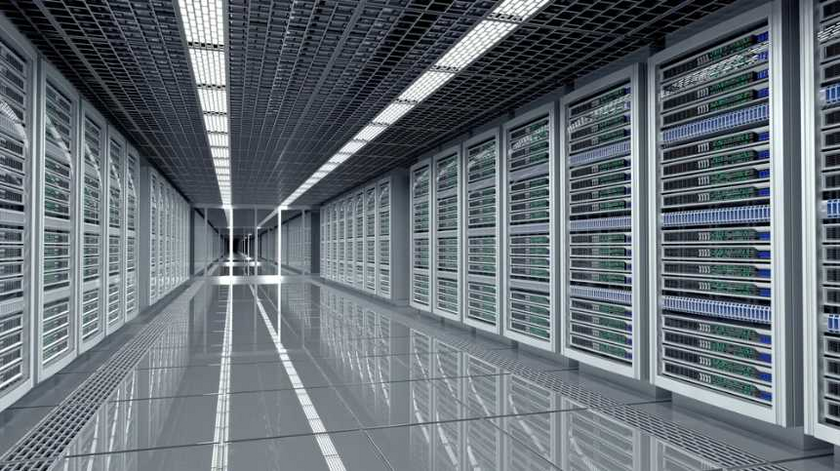The rapid development of AI has placed significant demand on data centre capacity, driving a global push for expansion. However, data centres are power and water intensive, and present a myriad of environmental problems the sector is now scrambling to solve.
According to recent analysis by GlobalData, these solutions will be multifaceted. The research and analysis company forecasts “a shift towards renewable energy to power data centres sustainably, with increased deployments in cold climates.
“Expectations include greater adoption of sustainable design and advanced cooling technologies like immersion cooling, driven by data centres’ energy efficiency demands and regulatory pressures.”
The centres house computer systems and networks which capture, store, analyse and re-transmit data, and demand has been growing rapidly for decades, spurred by the dot-com bubble of 1997–2000.
More recently, Goldman Sachs reported that data centre workloads almost tripled between 2015 and 2019, but noted that, during this period, the demand for power did not increase, partly because “data centres kept growing more efficient in how they used the power they drew”.
However, the picture is changing, and the International Energy Agency (IEA) now expects that by 2026, data centre electricity usage will reach 1000 TWh - more than double 2022's 460 TWh.
Efficiency then is a probable cog in the broader solution to the environmental demands of data centres. GlobalData particularly highlights opportunity in the development of efficient chip technology, pointing to the emerging need for direct-to-chip cooling. This involves circulating cool liquid through the cold plate, removing heat from major heat sources such as central processing units.
Iceotope is an example of an active company active the cooling sector. It offers precision liquid cooling, which delivers dielectric fluid to remove 100% of the heat generated by electronic components. The company claims that this method reduces energy use by up to 40% and water consumption by up to 100%.
The vast amount of water required to cool data centres poses another environmental issue in itself. In 2021 Google’s data centres reportedly consumed around 4.3 billion gallons of water in 2021, whilst Microsoft used in almost 1.7 billion gallons in 2022.
The massive consumption necessitated by data centres can cause water pollution and scarcity in nearby areas and begs questions around potential solutions. GlobalData expects to see “efforts to reduce water consumption for cooling and investment in emerging cooling technologies, such as immersion cooling.”
“Investments in these technologies will grow, driven by the need for energy efficiency and regulatory pressures. Companies that develop and deploy these cooling technologies will likely see increased demand,” it adds.
GlobalData’s deep dive also considers the potential of underwater and floating data centres in the future, which would reduce environmental concerns by utilising the ocean for cooling.
Microsoft began exploring the potential of underwater data centres with Project Natick, deploying a self-contained data centre prototype on the seafloor outside California in 2015. In 2018, the company initiated phase 2 and placed the data centre on the seafloor in the Orkney Islands, where the grid is supplied by solar and wind-generated power. The data centre was successfully retrieved in 2020.
There has also been speculation around the plausibility of building data centres in space. Away from direct sunlight, temperatures can reach as low as -170 °C, and issues around space and latency reduction would be non-existent. However, GlobalData points out that solar radiation and equipment deterioration present difficult challenges.
Despite this, there has been some innovation in the futuristic sector, and NTT has been working with SKY Perfect JSAT to develop a solution since 2021. The space data centre is exploring a satellite networking system which collects and processes data, and reportedly plans to start commercial services in 2025.
Other significant players in the space include Axiom Space, which partnered with Kepler Space and Sykloom, to develop a scalable cloud-technology-enabled, commercial orbital data centre.












 All while Pfizer—a company with a $2.3 billion criminal fine for fraudulent marketing, bribery, and kickbacks—was given blanket immunity from liability and billions in taxpayer dollars to produce a vaccine in record time with no long-term safety data.
All while Pfizer—a company with a $2.3 billion criminal fine for fraudulent marketing, bribery, and kickbacks—was given blanket immunity from liability and billions in taxpayer dollars to produce a vaccine in record time with no long-term safety data.
























